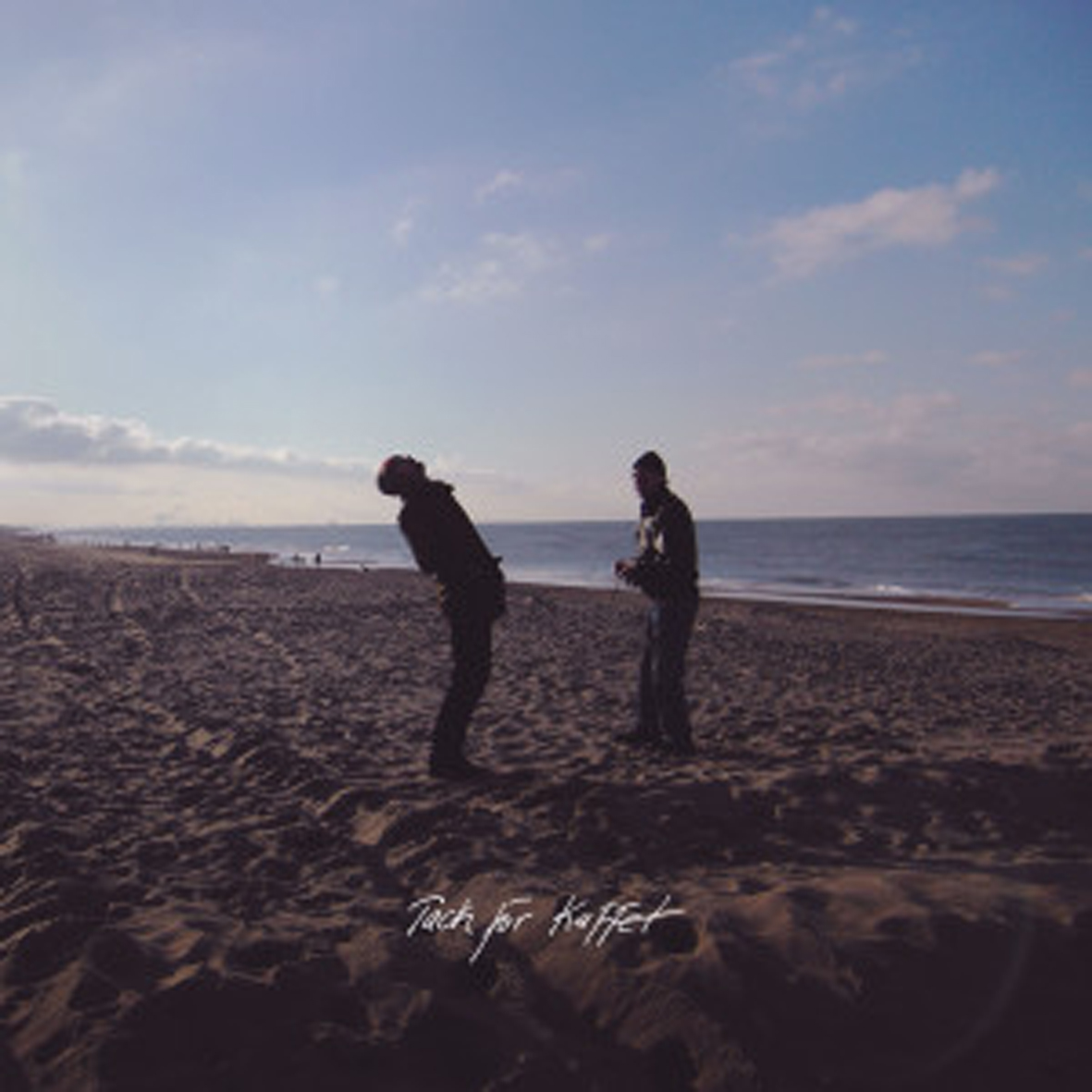
Fifty years ago, one of the greatest (and most short-lived) psych-rock bands of all-time (Pärson Sound) was formed in Sweden, though it was not until 2001 that their amazing collected recordings were finally released.  Despite only recording one album, the core of Pärson Sound never actually went away and the band has evolved and taken on new guises over the ensuing decades (International Harvester and Träd, Gräs och Stenar), erratically surfacing every now and then and sometimes flirting with greatness anew.  This latest release is a somewhat bittersweet affair, as two founding members (the whole rhythm section, actually) passed away during the recordings, albeit not before leaving an intermittently stellar and incandescent swansong in their wake.  Tack För Kaffet / So Long is easily the best Träd, Gräs och Stenar album in ages.
Subliminal Sounds/Gåshud/Disk Union
I cannot think of any other good bands that have managed to stay together for anything approaching five decades, especially when I add the caveat that they must still enjoy playing together (Kraftwerk and Faust both had significant line-up changes).  As such, Träd, Gräs och Stenar is a bit of unique entity.  They certainly sound like one on the opening "E Moll Slow," a glacially unfolding 20-minute epic of understated and smoldering dual-guitar interplay.  While guitarist Bo Anders Persson justifiably gets a lot of the credit for being an iconic underground psych-god of sorts, he definitely could not hit the heights he does here without an absolutely killer band of like-minded souls at his side, which is why "E Moll Slow" is so much more than a cool guitar solo.  It is instead an endlessly shifting and organic thing of beauty, as Persson's leads are constantly interacting with fresh motifs blossoming out of the rhythm guitar or the subtle dynamic shifts of the muscular drumming.  Sadly, it is very hard to determine who is playing what on each song, so I cannot give proper credit, but both the drummer and the second guitarist deliver quite amazing performances all over the album.  As a devout Pärson Sound fan, I am not particularly surprised that this ensemble could produce a masterful, slow-burning monster like "E Moll Slow," but I am admittedly struck by how contemporary and fresh it sounds, simultaneously informed by the restraint and focus of post-rock while remaining admirably loose, free, dynamic, and spontaneous-sounding.  Part of that time-impervious relevance is obviously due to the endlessly accelerating nostalgia cycle that has made psych rock "new" again, but "E Moll Slow" would be legitimately great in any era, as this ensemble exhibits absolutely none of the excess and indulgence that plagues a lot of similar artists.
The rest of album, however, is a bit of curious mixed bag, albeit not entirely an underwhelming one (the opener set the bar unfairly high).  Some of the songs are definitely not for me though.  For example, "Sorgemarschen (March of Grief)" sounds like a formless, dirge-y jam on a fairly straightforward guitar solo that could have been plucked from an old Neil Young concert, while "Kaffe Med Tårta (Coffee and Cake)" resembles the sort of '70s classic rock boogie one might encounter at an Allman Brothers gig.  Elsewhere, the band perplexingly kick out the jams with the brief garage rock-inspired "Pengar (Money)" and sound kind of like a bar band messily playing one of their favorite covers at the end of the night.  It is admittedly a fun song, but the prospect of a raucous shout-along is not what drew me here.
Thankfully, all three of those pieces are comparatively brief palette-cleansers, as most of Tack För Kaffet is happily dominated by more substantial, inspired, and expansive fare.  "Högtryck Över Svealand (High Pressure Over Svealand)," for example, reprises the guitar boogie of "Kaffe Med Tårta" yet slows it down and lingers in a kind of woozy dynamic stasis that feels oddly like a gently simmering loop.  Eventually, it dispels that magic with another yet guitar solo and a full commitment to the rolling groove, but there is enough rhythmic heft, raw power, and unexpected dissonance to keep it interesting for me nonetheless.  "Halvvägs (Halfway)" is a bit more unconventional, slowing way down to a bass-driven crawl that always feels perilously close to stopping altogether.  Despite that, it manages to feel radiant and weirdly beautiful, as the lead guitar weaves a languorous and rippling foreground of shimmer over a bright foundation of lazily strummed major chords.  It feels like it would have been the perfect end to the album (and this chapter of the band's career), but that honor was instead bestowed upon the epic "Farväl (Farewell)," which is perhaps a still more perfect way to close the album.
Unlike the album's other high points, the cathartic final bookend serves as a great release of emotion in the form of something resembling a free-rock wake.  Initially, however, it is just a slower and more melancholy iteration of everything that the band excelled at throughout the album, albeit one with some especially soulful lead guitar melodies.  Gradually, however, the beat finally kicks in and the snaking guitar interplay in joined by a moaning melody sung by most of the group, transforming the piece into a movingly rapturous and ragged elegy.  It is a wonderful piece and ensures that Tack För Kaffet both begins and ends in powerful and memorable fashion (while also boasting a few sustained peaks in-between).  To my ears, however, the fact that this is a mostly solid and occasionally excellent album is largely just icing on the cake, as "E Moll Slow" is enough of a masterpiece of unresolved tension to carry the album all by itself.